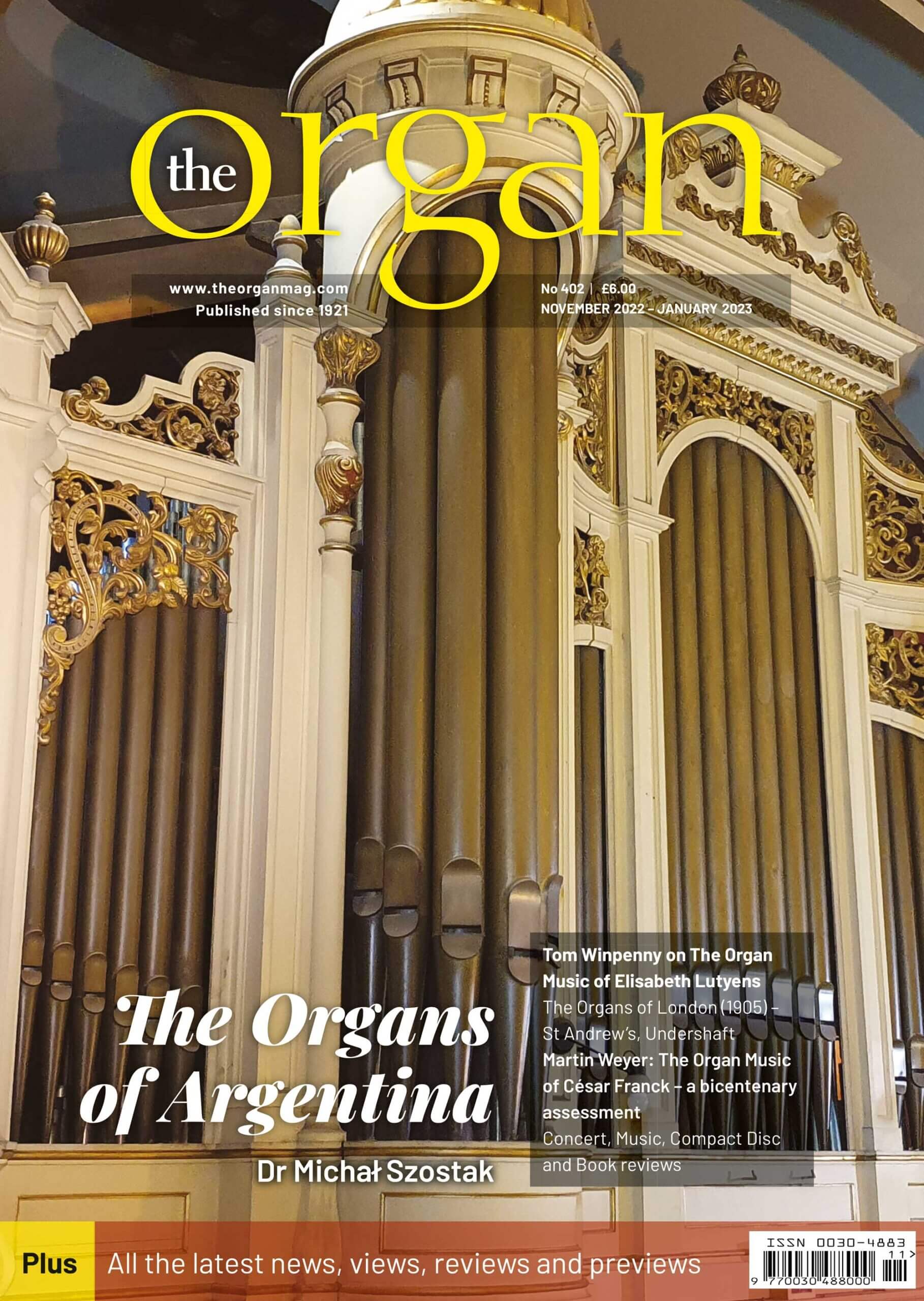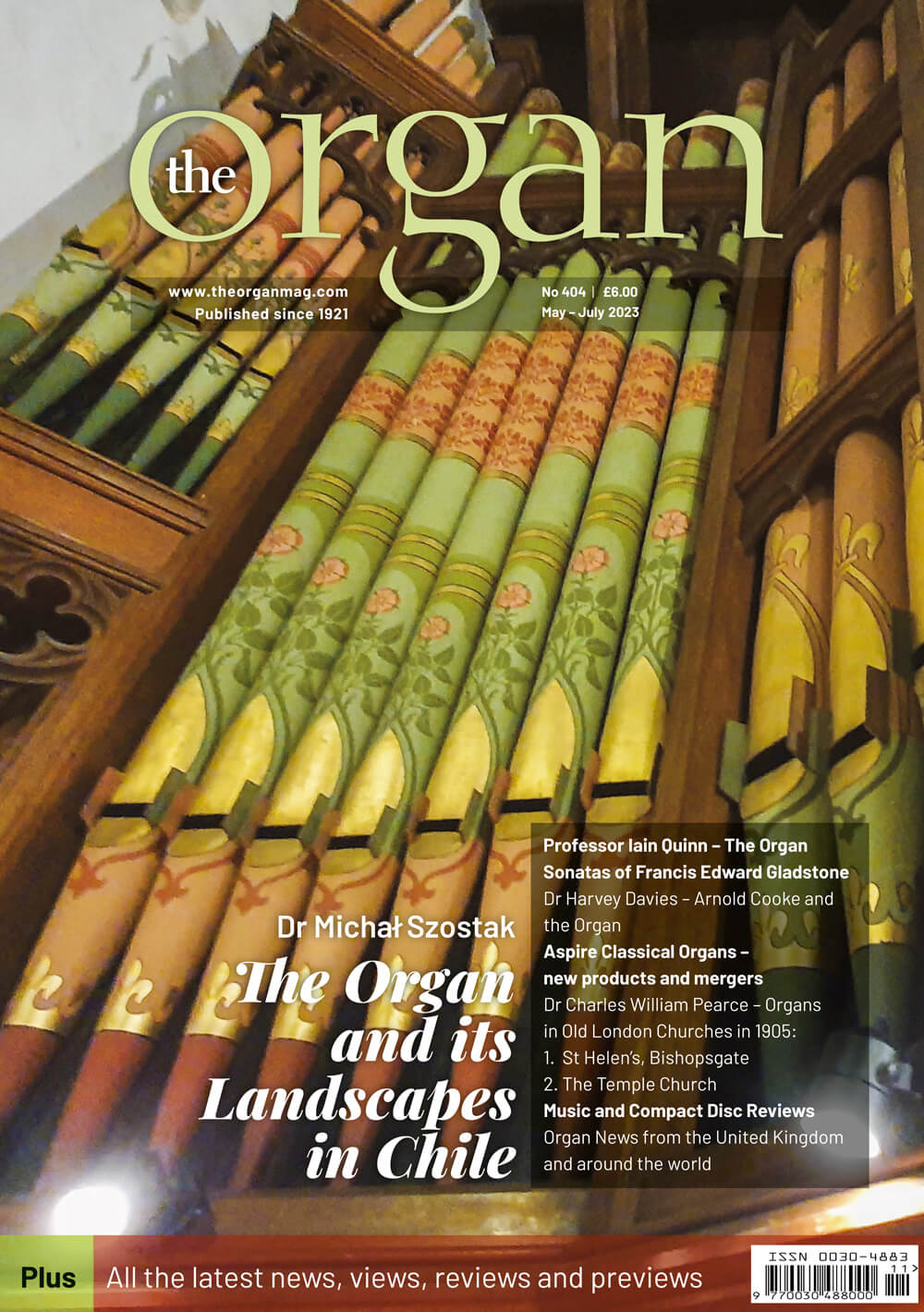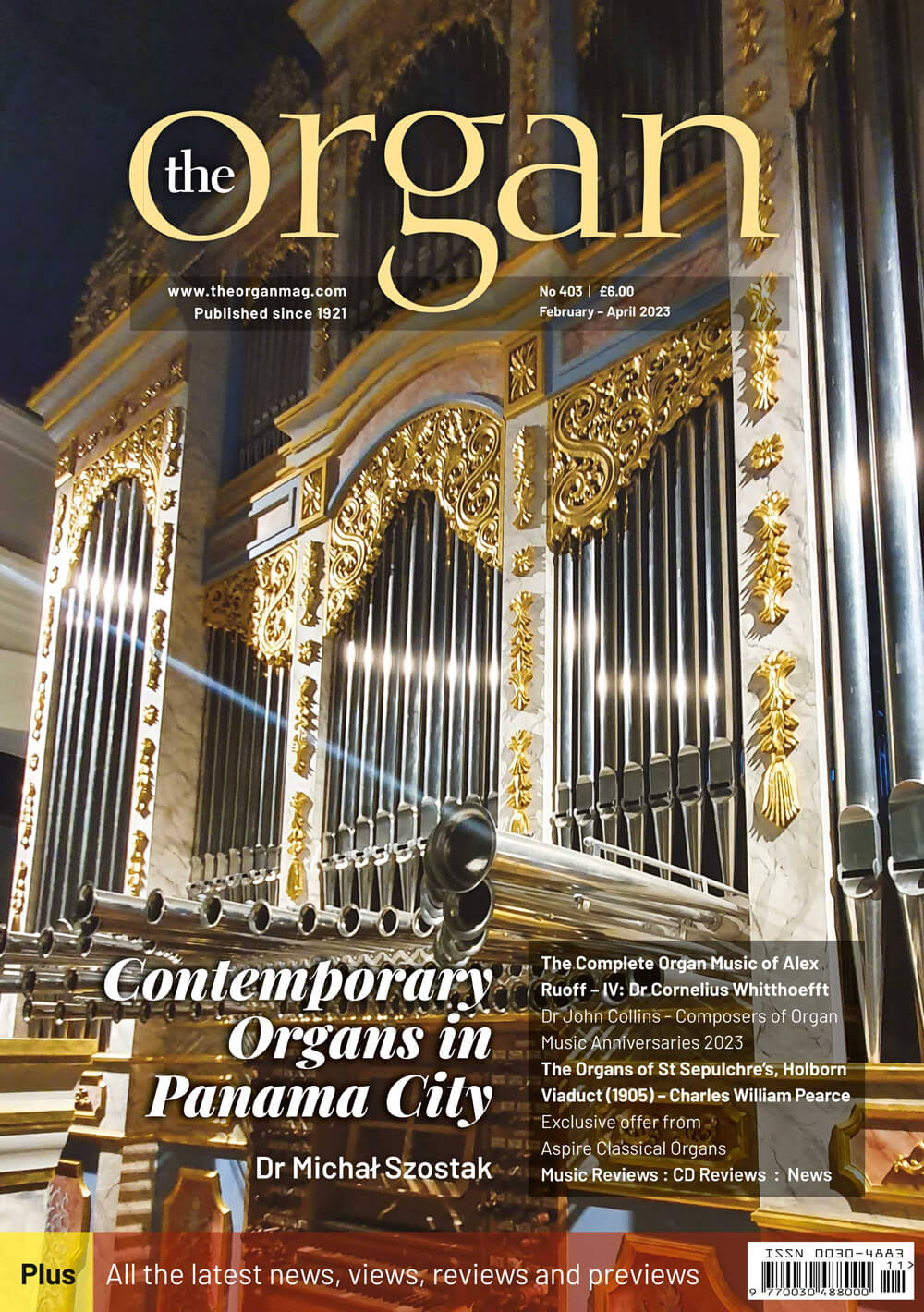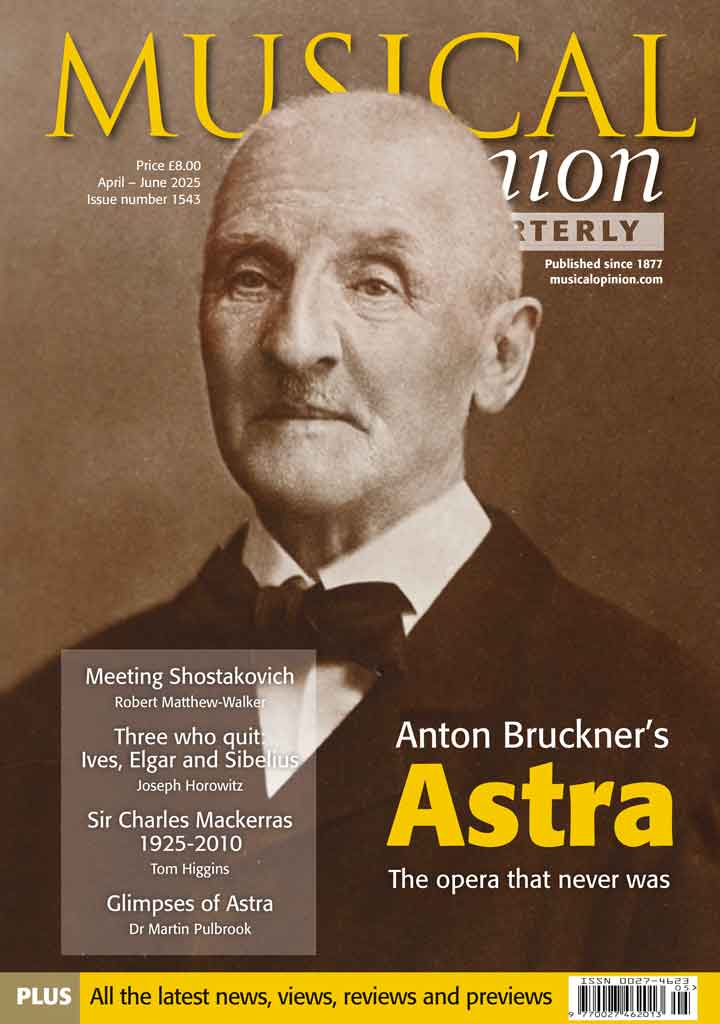

Current Issue
Previous Issues
Spring 2025. Issue 1541
Winter 2024. 1540
Autumn 2024. 1539
Summer 2024. 1539
Spring 2024. 1538
Winter 2023. 1537
Autumn 2023. 1536
Summer 2023. 1535.
Winter 2022. 1533.
Autumn 2022. 1532.
Summer 2022. 531.
Following the dispicable and illegal invasion of Ukraine, the Summer 2022 edition of Musical Opinion carries a large article about Sergei Prokofiev, arguably its most famous composer along with an overview of the Ukrainian classical music scene over the last one...
Spring 2022. 1530.
Winter 2021. 1529.
Autumn 2021. 1528.
Summer 2021. 1527.
Spring 2021. 1526.
Winter 2020. 1525.
Autumn 2020. 1524.
Summer 2020. 1523.
Spring 2020. 1522.
Explore By Topic
Spring 2023. 1534.

The Music of Cosmos – the Harmony of the World
Robert Matthew-Walker
The composer Robert Simpson (1921-1997) was made a Fellow of the Royal Astronomical Society,
acknowledging his profound interest in and knowledge of the subject, which had fascinated him from childhood. Simpson was also a noted lecturer on music, and those fortunate enough to have heard him speak on various musical subjects will recall his frequent references to the cosmos and to planet Earth’s place within it.
On speaking of his own Third Symphony (1959-1962), Simpson’s described the quiet, rather mysterious, ending of the work. He said he hoped it reflected those feelings one had on looking at the sky on a clear summer night, full of stars. All is quiet, and, at first, one thinks “How wonderful it all is!” but then other thoughts intrude: “What does it all mean? What’s it all for?”

Command Performance
Tom Higgins
In anticipation of the music to be included in the forthcoming Coronation of King Charles III on Saturday May 3rd in Westminster Abbey, the author traces the background to the Coronation Orchestra of 1953.
At 6am on Tuesday June 2nd, 1953, Coronation Day, over 60 musicians assembled in the Rood Loft of Westminster Abbey. They were the cream of Britain’s orchestral players and were under orders to perform for the ceremony. The command to play came from Bernard Fitzalan-Howard, 16th Duke of Norfolk and hereditary Earl Marshal of England, the man charged with overseeing all aspects of the great day.
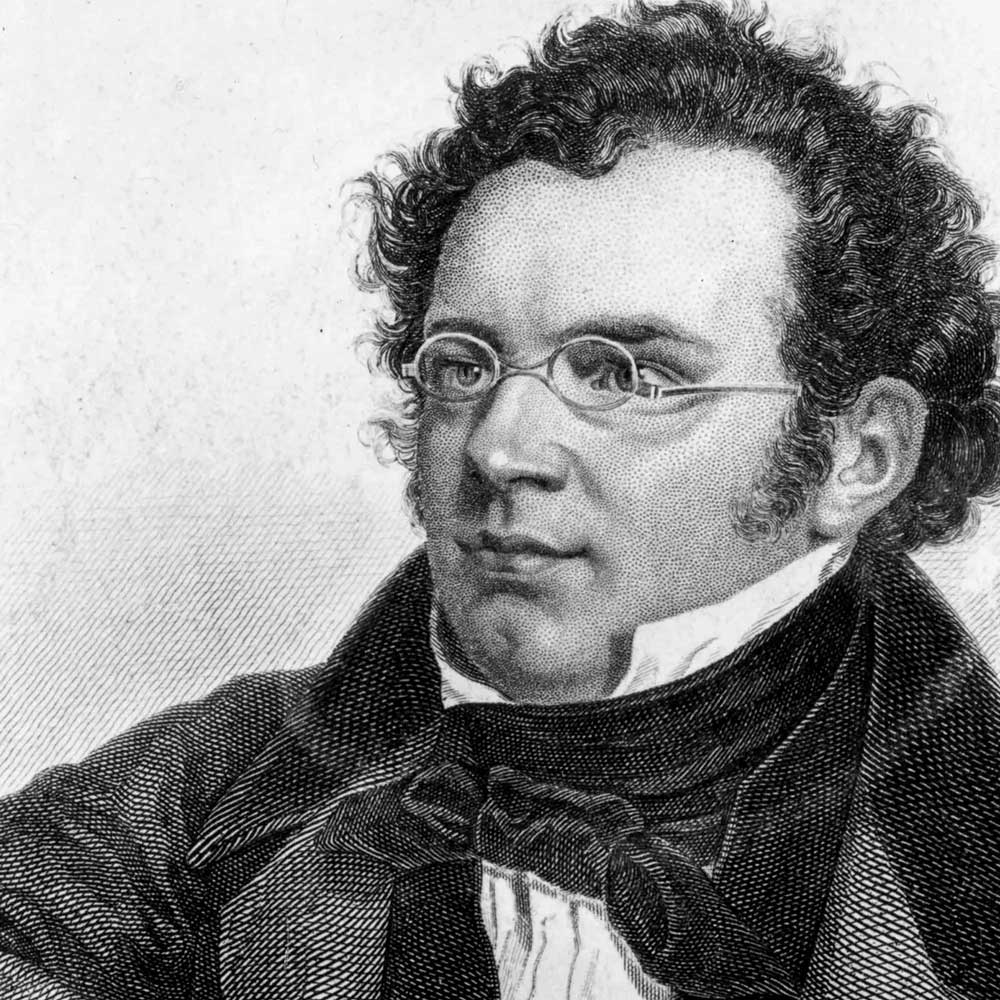
‘Finished but rejected’ – the true story of Schubert’s Eighth Symphony
Dr Martin Pulbrook
After 200 years, Schubert’s ‘Unfinished’ Symphony continues to challenge musicologists – Dr Pulbrook proposes an intriguing solution to the conundrum.
Two hundred years ago the two surviving movements of the ‘Unfinished’ Symphony were completed: Vienna, October 30, 1822 is what appears on the manuscript of them. I wish to suggest here that the original work, as envisaged by the composer, was in the standard four movements, which can be reconstructed perfectly well, if we feel so inclined; but that Schubert was so taken aback by the sheer novelty of his proposals for the third and fourth movements that, fearing he would be misunderstood and that he would be criticized for having written them, he withdrew them and allowed only the first and second movements to survive as his ‘Symphony no 8’.
In my opinion, Schubert’s worries were groundless and unjustified He was years ahead of his time in his solutions to the challenges of composing an integrated symphony.
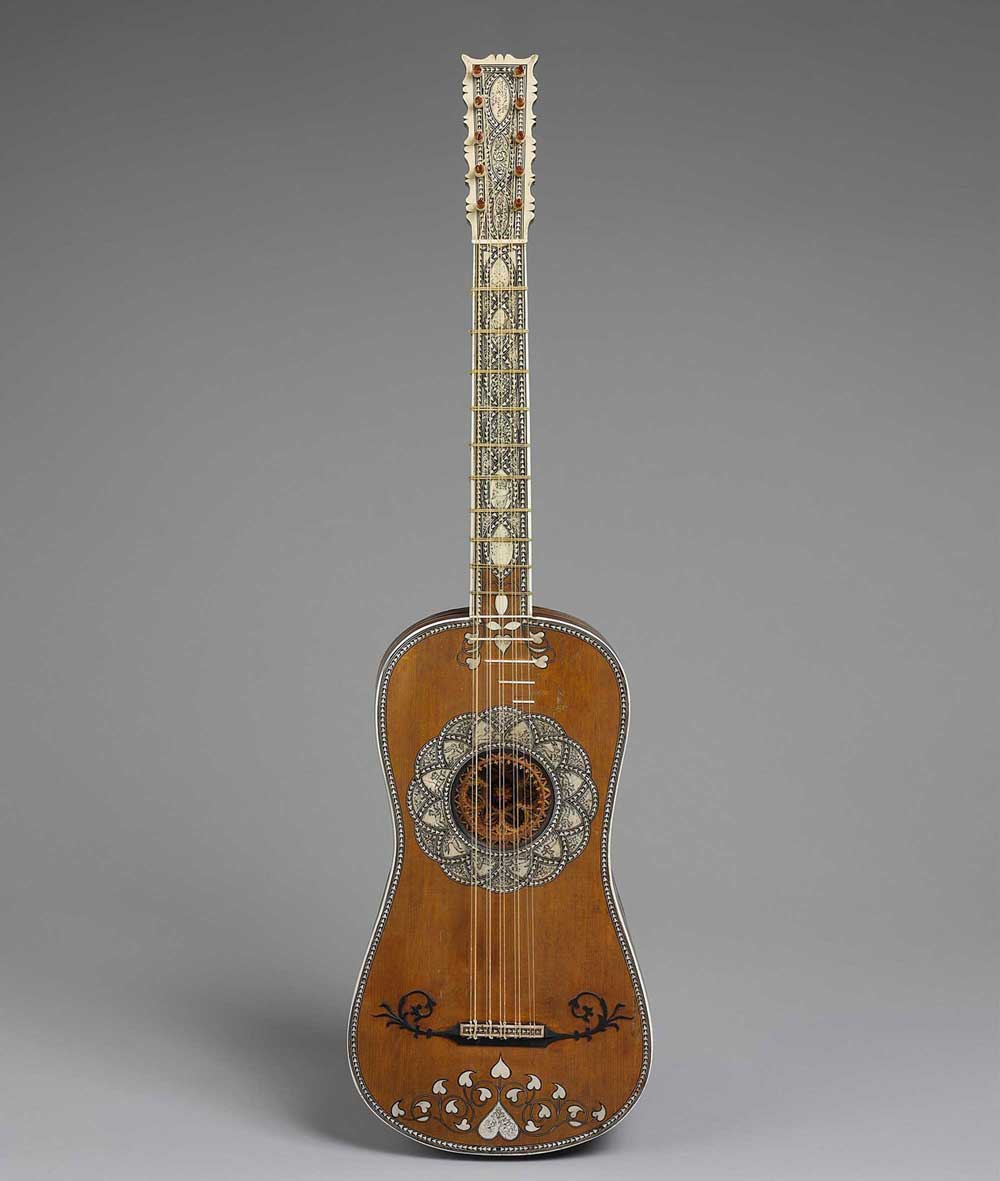
The Rise and Fall of the Baroque Guitar
Colin Barr
The five-course guitar, often referred to simply as the ‘baroque guitar’, was an early predecessor to the modern-day classical guitar which achieved widespread popularity across Western Europe during the Baroque period. Four-course guitars (a ‘course’ refers to a pair of strings, as may be found on a mandolin, for example) were a prominent feature of the plucked-string family of instruments during the Renaissance, however it was during the Baroque period that the guitar’s popularity would increase exponentially. The name ‘five-course guitar’ is a slight misnomer as the guitar would frequently have only four courses plus a single highest string, known as the chanterelle or ‘singing string’, as this string most often played the melody. It is unknown exactly where or when the fifth string was added to the instrument; the Spanish playwright Lope de Vega (1562-1635) attributed its addition to the writer Vincente Espinel (1550-1624), yet modern researchers have dismissed this claim.
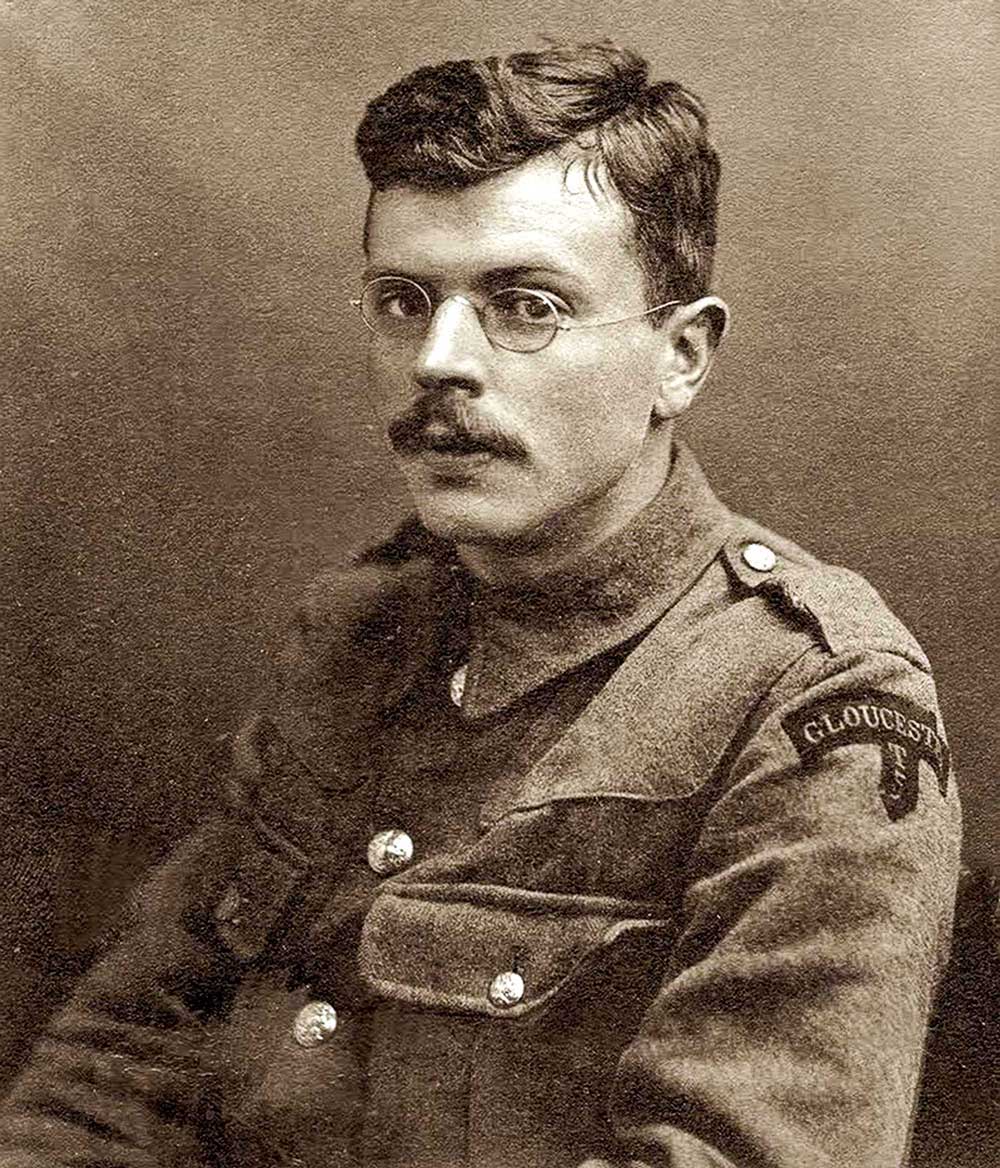
The Art of British Song
Nathan Williamson
A few years ago, I was asked to fill in a ‘Meet the Artist’ questionnaire for a local magazine in connection with a concert I was giving nearby. One of the questions was, inevitably, “What is your favourite piece of music?” I answered, “A not very well-known song called Sleep by a composer called Ivor Gurney” (pictured).
I think I would probably stand by that statement now. Not just that it is my favourite piece (whatever that means exactly – I mean, one’s favourite anything is hardly going to be the same every day for the rest of one’s life, any more than one would order exactly the same dish were one to visit a restaurant on a daily basis… but certainly Sleep is, in my opinion, the most powerful song ever composed, bar none, and, at least on the one or perhaps two occasions I have heard it performed well, one of the most profound musical utterances of any genre) – but also the fact that it is a ‘not very well-known song’. Certainly, I could have added, by a ‘not very well-known composer…’

John Boyden (1936-2021)
Lindsey Erith
Marking the Anniversary of the passing of the charismatic John Boyden, a major figure in the British classical music world for many years, we publish this appreciation by his widow, the noted author and lady of letters.
The record producer John Boyden, who founded and then ran the New Queen’s Hall Orchestra for twenty-two years, was a figure of some considerable stature in the world of music, described variously by his friends as ‘a Titan’, ‘a force of Nature’, ‘a constant stream of effervescence.’
John’s falcon glance could fell anyone, but his kindness to Labradors, small children and his wife, is famous.
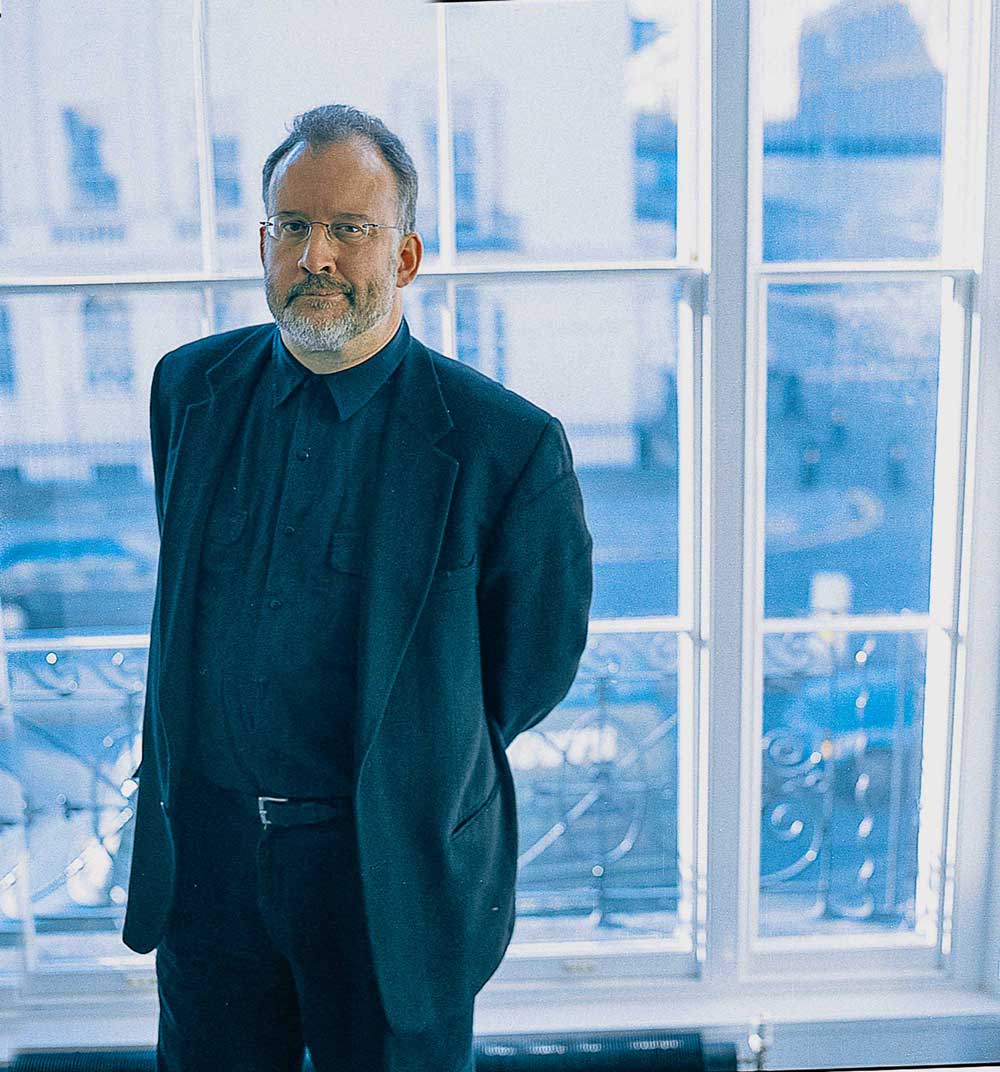
Simon Bainbridge (1952-2021)
Malcolm Miller
A Celebration of Simon Bainbridge’s life and work on June 22 attracted a large gathering, including the composer’s family, friends and colleagues, to the Royal Academy of Music’s David Josefowitz Hall to hear a varied selection of his chamber and vocal works, as well as world premieres of two memorial tributes, performed excellently by the student-based Academy Manson Ensemble conducted by Aaron Holloway-Nahum.
Simon Bainbridge was one of the leading British composers of his generation, a John Lambert student, and a uniquely musical personality who inspired many young composers during his tenure as Professor and Head of Composition at the RAM from 1998-2007. A moving message from RAM Principal Jonathan Freeman Atwood highlighted how Bainbridge was ‘an important and unique Academy figure’ whose musical values were to be found in every aspect of his activities, drawing everyone to seek sound-worlds. The words were read out by the conductor Aaron Holloway-Nahum, who added that the two world premieres featured in the programme would constituted wonderful tributes for a musical personality who had a major impact on so many.
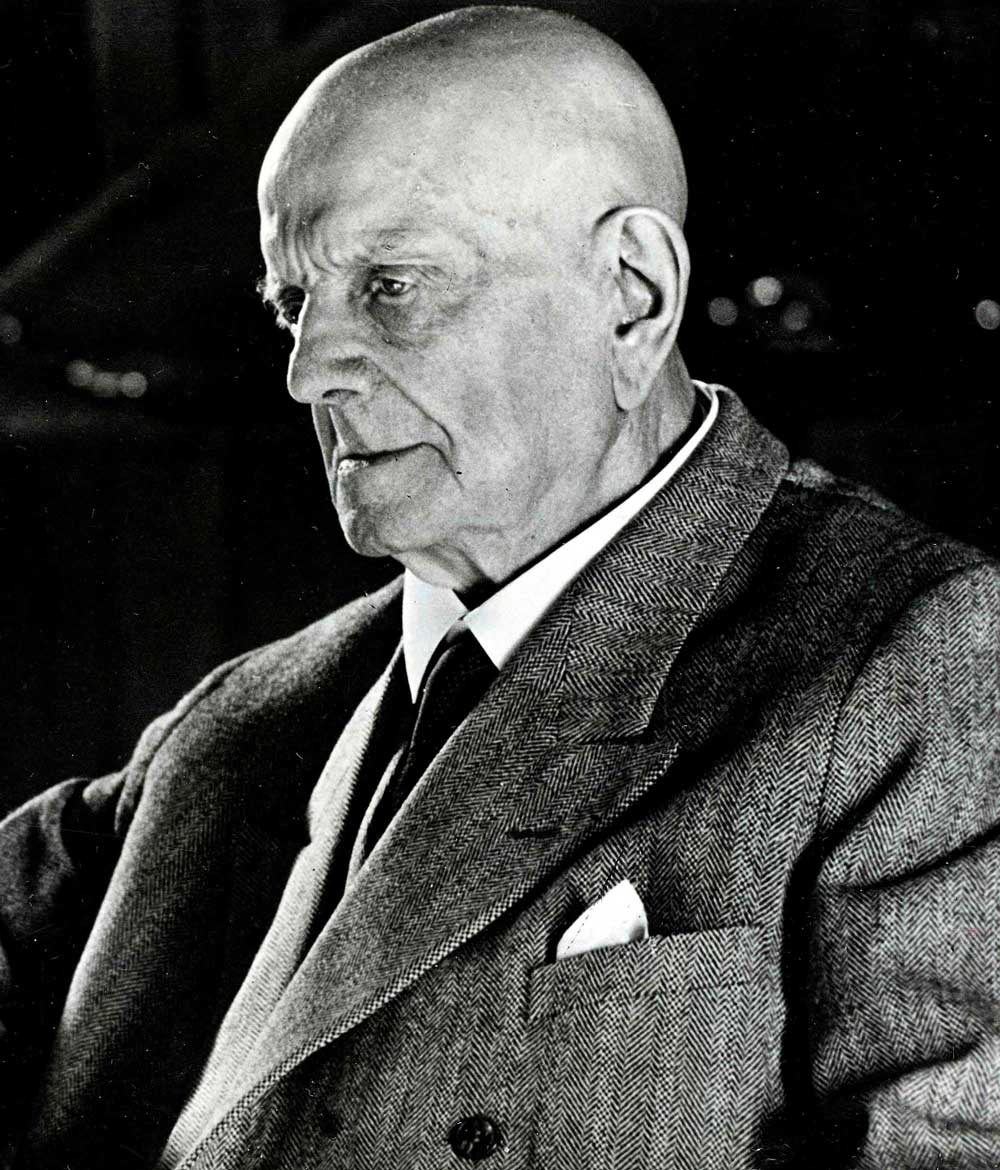
Total Immersion - Sibelius the Storyteller
Edward Clark
A day of four concerts held at the Barbican Hall and Milton Court, London on October 9 by the BBC Symphony Orchestra, conductor Sakari Oramo,with Anu Komsi, soprano, Ólafur Darri Ólafsson, narrator, the BBC Singers, conductor Owain Park and performers from the Guildhall School of Music and Drama focused on Sibelius with not a symphony within earshot! Yes, a feat achieved by seeking other insights into Sibelius’s wide range of expression, which is generally ignored when offered, say, the mighty Second Symphony.
Sibelius the Storyteller explored, in various genres (songs, choral music and tone poems) how Sibelius became one of the great storytellers in music. The project was led by Daniel M. Grimley, Professor of Music and Head of Humanities at the University of Oxford. His knowledge and expertise on Sibelius is well known through his research, broadcasts and books on Sibelius. This was a joint enterprise with the BBC Symphony Orchestra.

